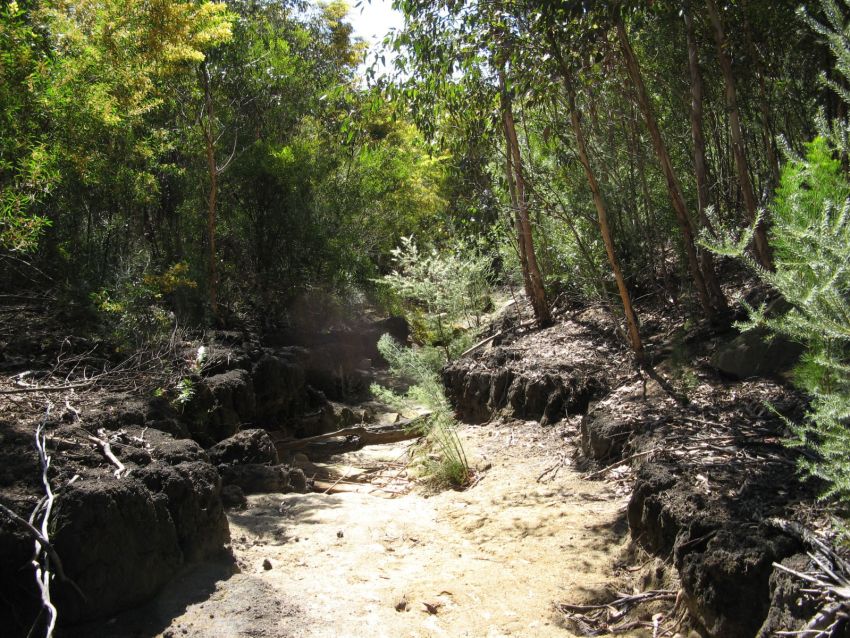
You may not know that coking coal, used in steel making, is mined in the Greater Sydney drinking water catchment.
Long-wall extraction of coal has been used in the mines under the Sydney Water Special Areas since the 1960s.
There is no doubt about coking coal’s financial value to the mining companies and royalties for the NSW government.
However, not enough people know that the mines jeopardise water security for approximately 5 million people living in Greater Sydney, the Illawarra and the Blue Mountains.
According to the NSW Chief Scientist, this is the only publicly-owned drinking water catchment in the world where coalmining is allowed.
Longwall mining is a faster method of extraction because specialised machinery strips out the entire coal seam. The unsupported tunnel can then collapse, causing subsidence, impacting the underground and above ground water systems.
For years, the cumulative impacts on water holding and carrying systems, as well as pollution from the mines, has happened out of sight.
This is because the public has been barred from accessing the Special Areas, with a $44,000 fine for anyone caught there without a permit.
The Independent Expert Panel for Mining in the Catchment outlined the risks to the catchment from coalmining in its initial December report.
These risks are unacceptable.
The report quantified an average daily water loss of more than 7.5 megalitres (ML) a day into the Dendrobium mine and 0.5 ML a day into the Metropolitan mine. This daily 8 ML water loss is the equivalent of the average daily usage of some 27,000 people.
However, the overall loss of water from the catchment may be much higher than this. The panel only considered two of the four mines in the Special Areas and also acknowledged that water loss could not be reliably quantified.
Despite a lack of understanding about the impacts and cumulative effects of mining in the water catchment, new coalmining projects and expansions have been approved by the NSW Coalition government.
Yet, NSW is currently in drought. Greater Sydney’s water storage dam levels have fallen below 60% and residents are paying heavily for the desalination plant, in Kurnell, to supplement drinking water supplies.
The loss of water from mine subsidence and mine pollution is already extensive.
Given what we already know, there needs to be an immediate moratorium on coalmining in the Greater Sydney Drinking Water Catchment Special Areas until the Chief Scientist’s assessment of the impacts of mining on the quality of catchment water is completed.
There appears to be no technology to repair fractured waterways and dried out upland swamps, such as at the Elouera Mine.
There a swamp, undermined in the 1990s, dried out and was then burnt by severe bushfires in 2001. Subsequent heavy rain eroded the dried out peat, creating deep gullies. The swamp vegetation has been replaced by wattles and eucalypts, but healthy swamps survive fires, as the waterlogged peat does not burn.
We need further research done on how to repair the environment damaged by coalmining. Closed mines typically become more polluting then when they are operational.
What will our politicians do to ensure mines will not continue to pollute the drinking water catchment when they are closed? This is what you should be asking the incoming NSW government.
At a time of escalating, dangerous climate change and uncertain rainfall, we need to protect our water supply from coalmining. The people of Sydney need to know the security risk coal mining poses.
There is no life without water.
[Annie Marlow is an activist with the Illawarra Knitting Nannas Against Greed.]